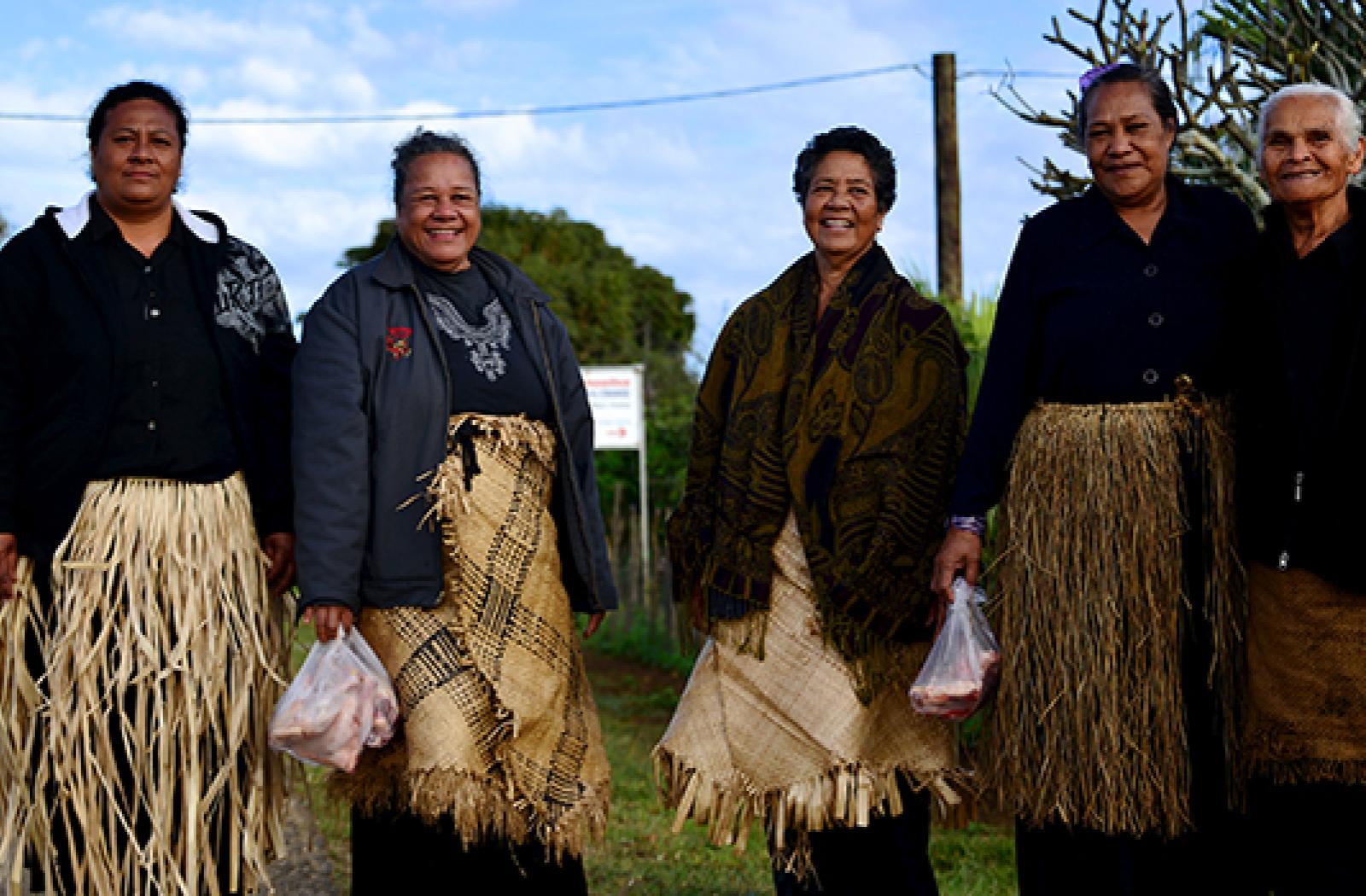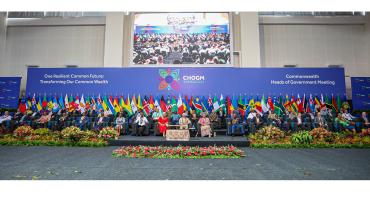The Commonwealth is holding an event at its headquarters in London today to mark the International Day for the Elimination of Violence Against Women. Called Empowering girls and women: The role of health and education in eliminating violence against women, it has a special focus on the abandonment of Female Genital Mutilation (FGM).

The Commonwealth is holding an event at its headquarters in London today to mark the International Day for the Elimination of Violence Against Women. Called Empowering girls and women: The role of health and education in eliminating violence against women, it has a special focus on the abandonment of Female Genital Mutilation (FGM). Here are some thoughts on the subject from women leaders around the world:
Patricia Scotland Commonwealth Secretary-General
"Every day, everywhere, women and girls suffer pain and trauma as a result of physical and sexual violence. Millions of minds and bodies are scarred for life. Many die.
This scourge on humanity is avoidable - it is not the result of any agency other than our fellow human beings. Working together we can and must eradicate the stain and suffering.
If the moral imperative is not enough, as it should be, we can add the economic costs of spiralling social dysfunction, demands on health provision, and lost productivity. In all these areas our Commonwealth values and principles call us to action.
I want us to pledge to remove International Day for the Elimination of Violence Against Women from the calendar. We can only do that once the fear and terrible reality of mental and physical violence is removed from the daily lives of our mothers, sisters and daughters – and those of every woman and girl in our own local community and worldwide.
Let us today and always speak out loudly with one Commonwealth voice and vow – ‘No silence on violence’."
Phumzile Mlambo-Ngcuka, Executive Director, UN Women
“The extent to which violence is embedded in society means that uprooting it is also a job for all of society. That includes men and women, the media and the religious community. We can work together to address the inequality and prejudice that enable and enflame violence against women and girls. We can scale up prevention and increase appropriate services. And we can engage allies, such as young people and other groups in the society, through sports, arts, business and academia.
Together we can begin to bend the curve down and bring the scourge of violence against women and girls to an end."
Ann-Marie Wilson, Executive Director, 28 Too Many
"The work to end FGM is vital in the empowerment of women and girls, and, as our new Kenya report shows, there is positive progress being made in countries such as Kenya, where support for anti-FGM schemes comes from all levels. This is key to success, and the Commonwealth is in a strong position to aid this by facilitating partnerships and disseminating information. Our recent report on FGM in Nigeria also highlighted the importance of media and it is good to see how youth networks are actively using the media, along with our research and resources, to develop informed anti-FGM programmes and advocacy campaigns.”
Commonwealth Girls Education Fund
"Some Commonwealth Countries are at last beginning to recognise the enormous untapped resource they have in their women. The first vital step is to educate young women, rather than permanently stunting their future and their potential through early marriage - or worse, before their adulthood even begins.
Educated girls become empowered women, influencing their own communities and cultures as well as discovering new and positive life choices for themselves."
Julia Lalla-Maharajh, CEO and Founder, Orchid Project
"Female genital cutting (FGC) affects 200 million women worldwide and a further 3.6 million girls are at risk every year. Orchid Project has a vision of a world free from FGC and is witnessing incredible social change at the grassroots - communities are choosing to abandon the practice.
International efforts to end FGC are gaining momentum, from the 2012 UNGA resolution and an increase in global attention, to FGC being enshrined within the Sustainable Development Goals. But urgent action is needed to end the practice in our generation.
FGC is prevalent within 15 Commonwealth countries. As an association with a global reach, the Commonwealth's role is vital in supporting organisations to end violence against women and girls by helping to create enabling environments for change."



